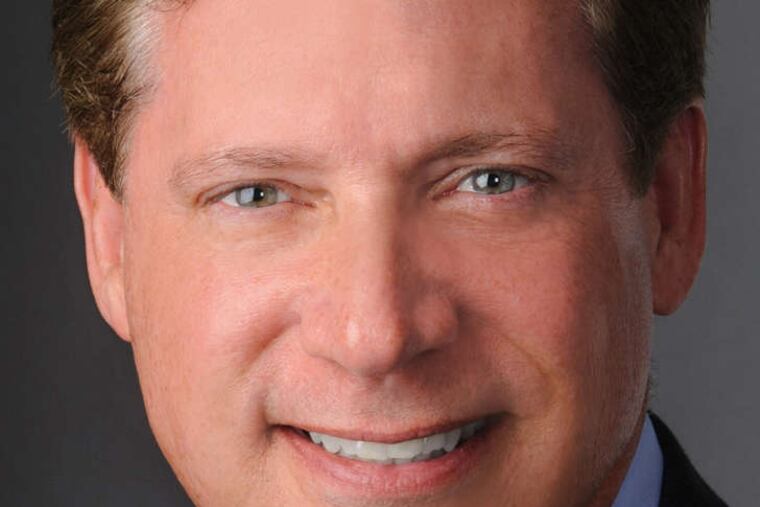Cerner completes $1.3B acquisition of Malvern's Siemens Health Services
Cerner Corp., of North Kansas City, Mo., said Monday that it completed its $1.3 billion purchase of Malvern's Siemens Health Services, joining two rivals in the rapidly changing field of health-information technology.

Cerner Corp., of North Kansas City, Mo., said Monday that it completed its $1.3 billion purchase of Malvern's Siemens Health Services, joining two rivals in the rapidly changing field of health-information technology.
Cerner offered jobs to all but a few of the roughly 2,800 Siemens employees in Malvern, with 95 percent to 97 percent of them accepting the offers, said Dick Flanigan, a senior vice president at Cerner.
"We wanted to maintain and build upon much of the work that's been done by the Malvern team," Flanigan said, adding that the deal included Siemens' corporate campus. "We've got a strong physical presence that will be maintained in Malvern."
The Malvern operations have their roots in the former Shared Medical Systems Inc., founded in 1969, an early developer of computer systems for hospitals. Siemens A.G., of Germany, bought Shared Medical in 2000 for $2.1 billion, after it hit a rough patch and fended off a hostile takeover.
Siemens Health Services was expected to have $1.2 billion in revenue last year, according to J.P. Morgan.
In 2015, Cerner said, it expected revenue to be $4.8 billion to $5 billion, including the addition of Siemens Health Services, which employed 5,800 worldwide when the deal was announced in August.
In recent years, Siemens Health Services' market share of information technology in U.S. hospitals - 7 percent in 2013 - has been declining, J.P. Morgan said. Flanigan, who was in Malvern on Monday speaking with Cerner's new employees, said Cerner was the second-biggest health-care information-technology firm, behind privately held Epic Systems Corp.
The Siemens business is heavily anchored in its legacy products that allow hospitals to get paid by billing patients and insurance companies. Flanigan said Cerner hopes to sell some of its new products to those long-term Siemens customers.
Cerner offers a much broader range of products, Flanigan said. A bigger part of its business involves what is called the electronic medical record, which, for example, enables and helps keep track of medical tests and other treatments.
Together, Cerner and the former Siemens operations will work on important expansions in wiring health care, Flanigan said. Those involve, for example, allowing patients to share their medical records online and pushing discrete components of the nation's health system - hospitals, doctors, pharmacies, and rehabilitation centers - to adopt ways to share patient information smoothly.
Cerner already has several Philadelphia-area customers, Flanigan said, including Einstein Healthcare Network and Christiana Care Health System in northern Delaware, but Siemens has a much bigger presence in the region.